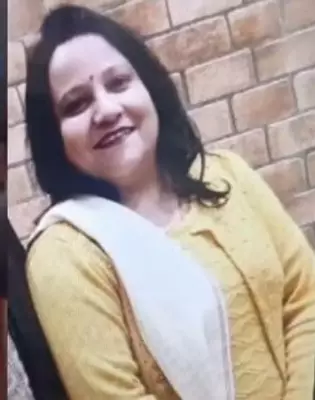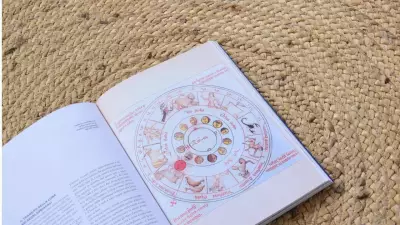
Kennedy Family Member Faces Aggressive Blood Cancer
Tatiana Schlossberg, the 35-year-old granddaughter of former US President John F. Kennedy, has publicly disclosed her battle with terminal myeloid leukemia. The environmental journalist shared this heartbreaking news through a deeply personal essay titled A Battle with My Blood published in the New Yorker magazine.
Shocking Discovery After Childbirth
The cancer diagnosis came as a complete shock to Schlossberg, who discovered her condition in May 2025 shortly after giving birth to her daughter. Doctors noticed abnormal blood counts during routine post-delivery examinations and initially suggested it might be pregnancy-related before confirming the worst-case scenario.
"I couldn't believe they were talking about me," Schlossberg wrote in her essay. "I had swum a mile in the pool the day before, nine months pregnant. I wasn't sick. I didn't feel sick." Her initial reaction was one of complete denial when doctors mentioned the possibility of leukemia.
Devastating Diagnosis and Treatment
The final diagnosis revealed acute myeloid leukemia with a rare mutation called Inversion 3. During recent clinical trials, her doctor delivered the grim prognosis that he could potentially keep her alive for about a year.
Her immediate thoughts turned to her two young children. "My first thought was that my kids, whose faces live permanently on the inside of my eyelids, wouldn't remember me," she expressed with profound sadness. The treatment has been so intensive that she couldn't perform basic motherly duties like changing diapers or bathing her newborn daughter due to infection risks following bone marrow transplants.
Mystery Surrounding Cancer Origins
Medical professionals repeatedly questioned if she had significant exposure to Ground Zero, given the high incidence of blood cancers among 9/11 first responders. However, Schlossberg clarified that while she was in New York during the tragic events, she didn't visit the site until years later and was only in sixth grade at the time.
The diagnosis is particularly puzzling given her exceptional health history. She regularly ran five to ten miles in Central Park and once swam three miles across the Hudson River to raise funds for the Leukemia and Lymphoma Society - an ironic coincidence she described as "eerie."
Understanding Acute Myeloid Leukemia
According to the American Cancer Centre, acute myeloid leukemia (AML) is a rare but aggressive blood cancer that affects bone marrow and blood cells. While it typically occurs in people over 60, it can affect younger adults and children. Left untreated, AML can be life-threatening, attacking the body's blood-forming tissues.
Schlossberg's revelation has brought attention to this devastating disease, particularly its occurrence in young, healthy individuals. The environmental journalist had been working on a book about ocean conservation before her diagnosis, a project now indefinitely postponed as she focuses on her health battle.





